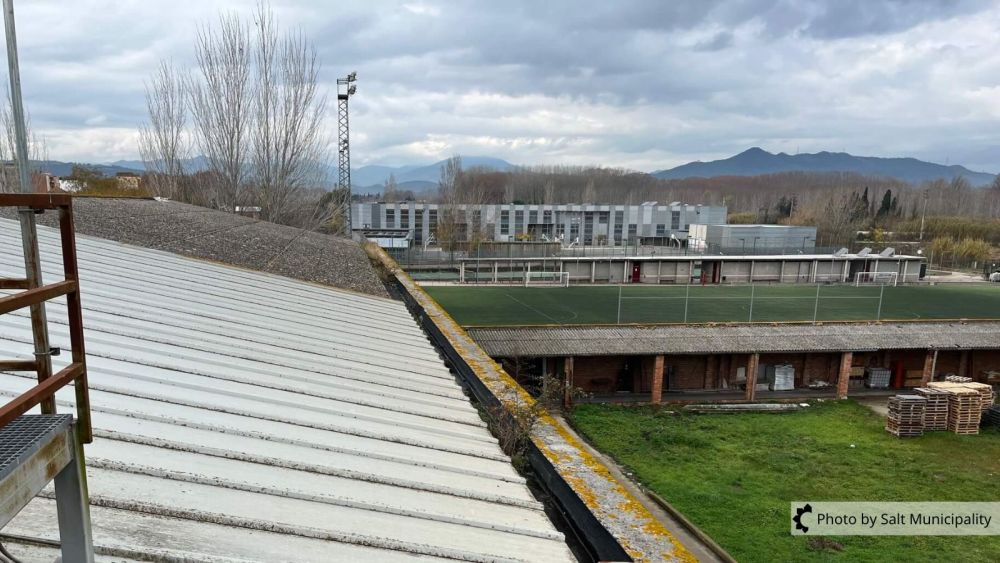A local energy community for energy equality in the Gironès
5 March 2024
In the heart of the Gironès County in Spain lies Salt, a vibrant municipality facing complex social challenges amidst its rich cultural heritage. With a high population density and a significant foreign population, it faces economic challenges, reflected in its low per capita income and high likelihood of energy poverty, affecting an estimated 40% of its 10,000 households.
With 27 municipalities under its scope, the Gironès Energy Transition Office is dedicated to fostering a decentralised, democratic renewable energy model and sustainable mobility. Through collaborative efforts with 19 municipalities since 2014, the Office has been at the forefront of the Energy Poverty Programme, striving to provide dwelling audits, energy advice, and personal accompaniment to vulnerable households. Moreover, the Office conducts energy efficiency workshops and technical training for social services to empower citizens with the knowledge to navigate energy challenges effectively.
Currently, the Office is championing the creation of 23 Municipal Energy Communities, aiming to implement local renewable energy production and pave the way for an inclusive energy transition. Salt, with its complex social context and high rates of energy poverty in certain neighbourhoods, stands to benefit significantly from these efforts. By establishing a Local Energy Community focused on tackling energy poverty, vulnerable households will gain access to local renewable energy production, fostering economic resilience and social inclusion.
Salt's inclusion in the Sun4All project signifies a pivotal opportunity to address energy poverty head-on. Through collaborative endeavours with regional agencies and strategic partnerships, the Energy Transition Office is spearheading efforts to define the model of the local energy community (CEL). This entails establishing the most appropriate legal framework, drafting internal regulations, and ensuring the active participation of vulnerable households in decision-making processes.
The objectives of the project are ambitious yet achievable, aiming to define governance structures, establish fair pricing mechanisms, and quantify energy reserved for vulnerable households. With a keen focus on community engagement and dissemination, the project seeks to reach the maximum number of vulnerable families and provide tangible solutions to alleviate energy burdens.
Ultimately, the beneficiaries of these initiatives will be the families who join the CEL, finding relief from high energy bills and forging a path towards a more sustainable and equitable future. In this endeavour guided by the principles of inclusivity and empowerment, Salt paves the way for other regions to follow suit in the pursuit of energy equality.
Image (Salt Municipality)
All news
This project has received funding from the European Union's Horizon 2020 research and innovation programme under grant agreement N°101032239.

